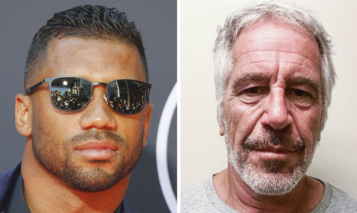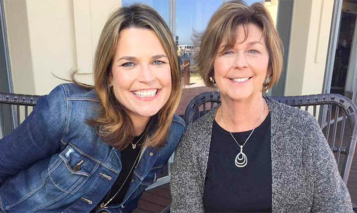
Sinclair Broadcasting is taking Bill Maher’s side in a heated debate with leftists over free speech and advertising boycotts. The “Real Time with Bill Maher” host caught flack after he defended Fox News host Laura Ingraham against boycotts on his show on Friday night.
Maher said that boycotts are “the modern way of cutting off free speech,” referring to a Parkland high school teenager who called for advertisers to boycott Ingraham’s show when she teased him because colleges rejected his applications.
Chris Ripley, President and Chief Executive Officer of Sinclair Broadcasting released a statement through his PR company taking Maher’s side:
“The ongoing effort to damage free speech in this country, and to extort businesses by pursuing advertisers is wrong and fundamentally un-American. The right, left and center should debate in the arena of free speech, and not engage with threats of extortion,” the statement read.
Ripley commended Maher for his statements, and urged “more people on all parts of the political fence to stand up and say the same thing.”
He added: “It is wrong to repress freedom of speech and discourse that does not fit ones’ world view.”
Sinclair Broadcasting faced backlash last week after its own reporters accused the company of forcing them ro read scripted news that is supportive of President Trump’s attacks on fake news networks (such as CNN).
Sinclair reporters claimed they were forced to read a “false news promo” statement on the air that called out fake news networks (such as CNN) for their biased left-leaning news reporting.
Sinclair’s statement warned that “personal bias and agenda” among leftwing journalists are “extremely dangerous to democracy.”
Sinclair Broadcasting is America’s largest conservative television broadcasting company with over 170+ local television stations across the country.
Sinclair Broadcasting reaches 42 percent of American households (4 out of 10 households) and it’s about to get much bigger.
The company recently announced a $3.9 billion deal to purchase the Tribune Media Company, that will increase their holdings to 233 stations in 108 U.S. markets.





